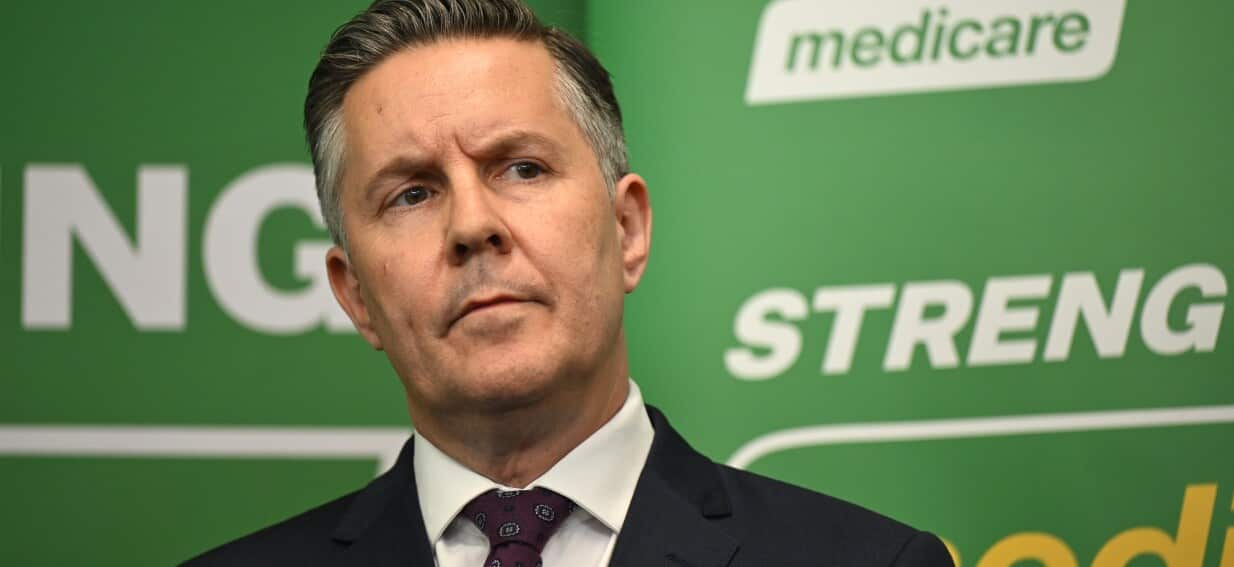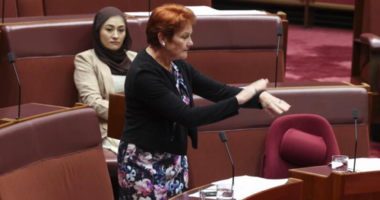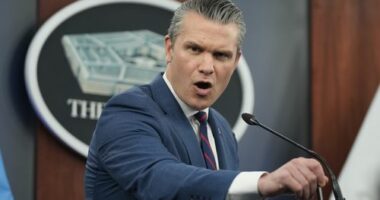Share this @internewscast.com

Key Points
- Nearly 1.9 million Australians are putting off or avoiding essential healthcare due to steep fees from specialists.
- Certain specialists demand fees up to three times higher than Medicare’s standard, with costs rising above $670 annually for particular services.
- The Grattan Institute calls for changes, including revealing high-charging doctors and improving availability in areas lacking services.
The report advocated for identifying specialists with high charges and removing Medicare support for them.
The findings revealed that some private specialists charge their patients significantly more—up to threefold—than what Medicare’s fee structure dictates.
It was reported that patients of one particular specialist paid an average of $300 annually in 2023 – marking a 73 percent increase since 2010.
Average out-of-pocket costs for extreme-fee-charging specialists in 2023 reached $671 for psychiatry services and more than $350 for endocrinology, cardiology, paediatrics, immunology and neurology services.
The high costs leave critical health care out of reach for millions, causing patients in poorer pockets of Australia to wait months or years for urgent appointments, and leading to missed diagnoses, avoidable pain and added pressure on hospitals.
About four in 10 Australians visited a specialist in 2023/24.
About two-thirds across all specialities are private appointments, with patients receiving a Medicare rebate and paying a gap fee.
Grattan’s Health Program director Peter Breadon said the system was broken from start to end.
“Significant reforms are needed across the board, encompassing everything from system planning and the funding of training to the allocation of public investment and the seamless integration of primary and specialist care,” he told AAP.
Federal Health Minister Mark Butler said private health insurers and specialists needed to do more to protect patients from exorbitant bills.
He said the Albanese government would upgrade the Medical Costs Finder, which helps patients find the best value for specialist medical advice, and was committed to working with stakeholders to improve cost transparency.
“Hopefully it would discourage those specialists who are charging really unreasonable fees, but this is a problem that needs many solutions,” Breadon said.
The report also recommends governments provide one million extra specialist appointment services every year in areas that receive the least care, a system in which GPs can get written advice from other specialists, modernise public specialist clinics, and allocate $160 million to expand specialist training for under-supplied specialities and rural training.
Australian Medical Association President Dr Danielle McMullen said public hospital underinvestment and lagging Medicare rebates made it harder for patients.
“Postponing medical care risks exacerbating the patient’s condition,” she mentioned, noting it also exacerbates the load on general practitioners and hospitals both in public and private settings.
The doctors’ association supports most of Grattan’s recommendations, but said removing Medicare funding from specialists who charged excessive fees was not practical.
As governments negotiate the National Health Reform agreement, McMullen urged leaders to sort out longer-term funding for public hospitals and develop a health workforce data tracker to show where investment was needed.











